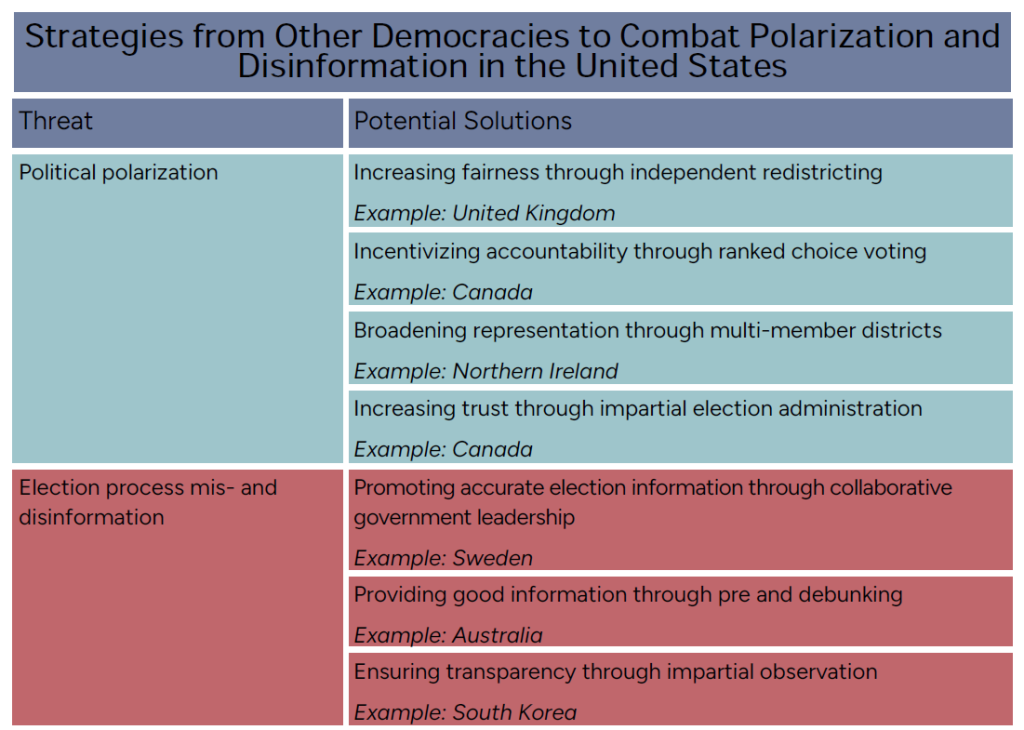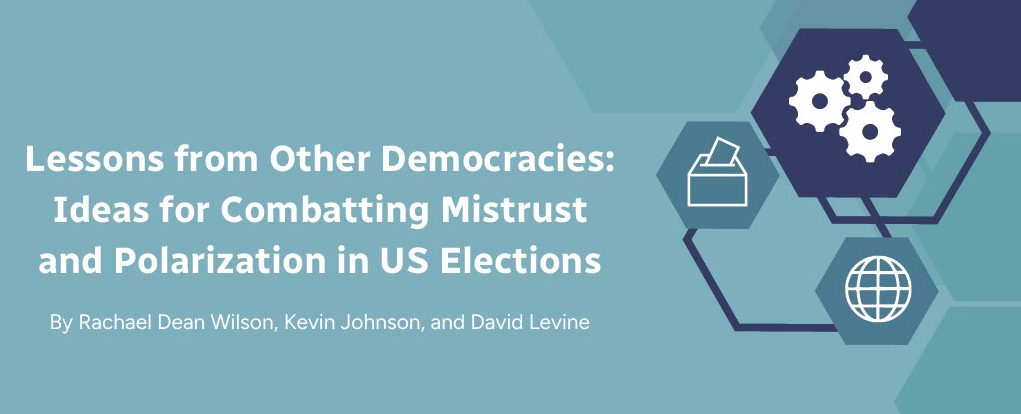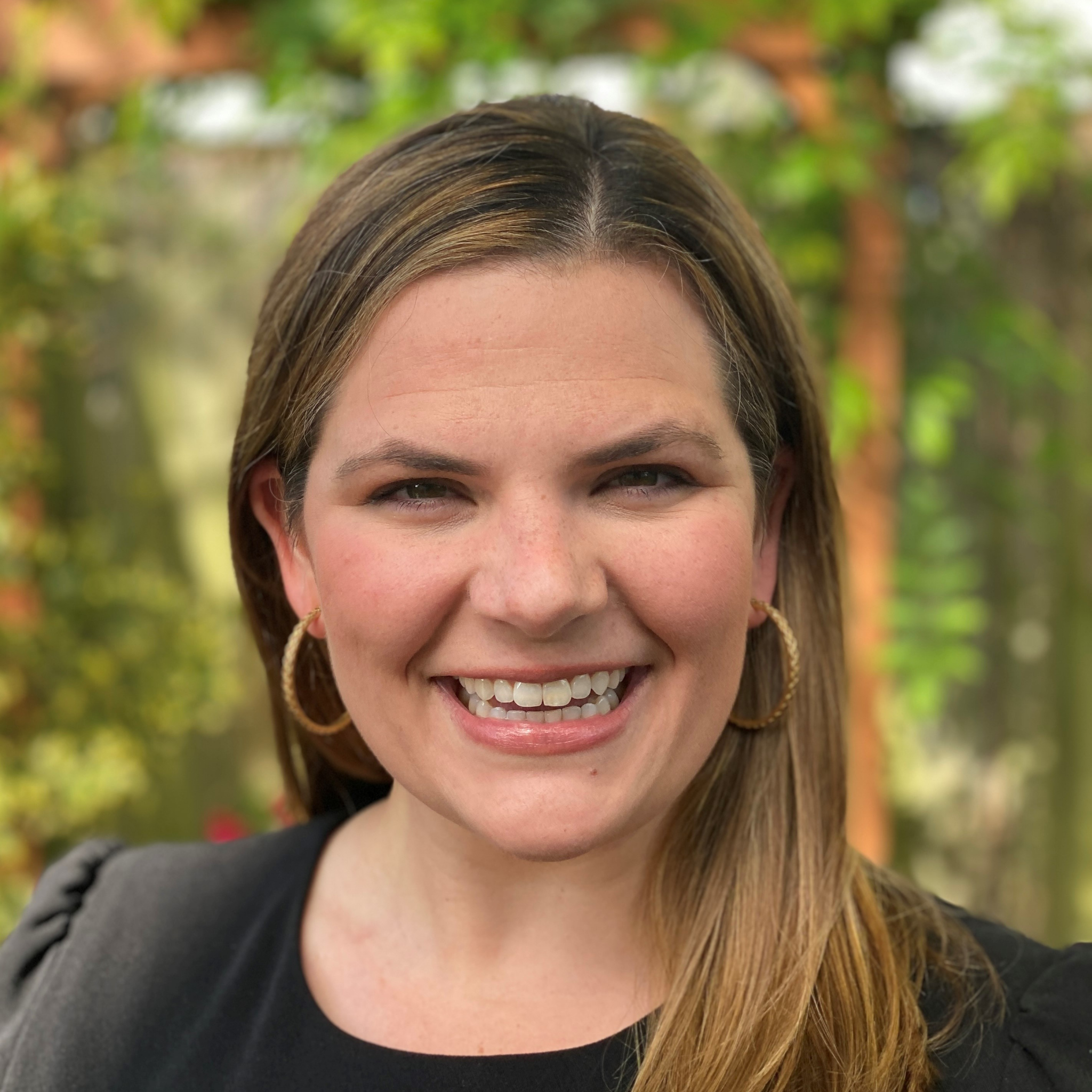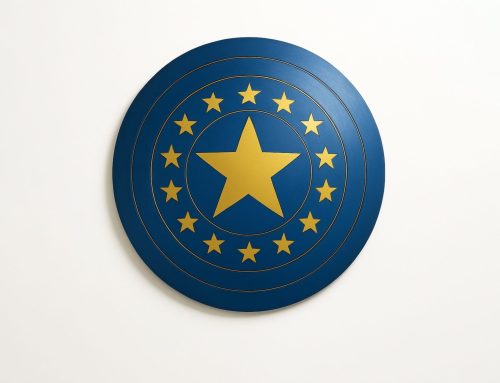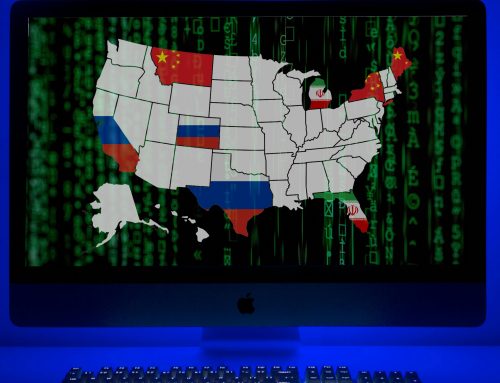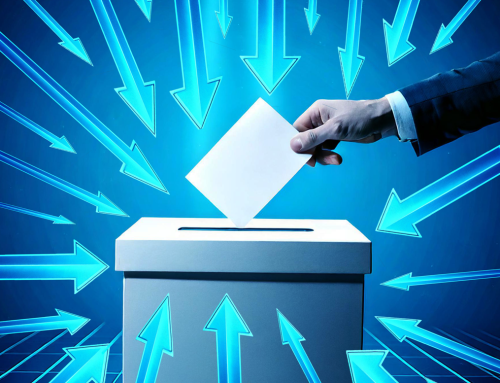Introduction
Protections are baked into each stage of US election administration. For example, nearly every state has paper records of each vote, safeguards to ensure the chain of custody of those ballots, and the ability to go back and count each ballot if necessary. Yet, there is a crisis of confidence in US elections. After falling to a record low following the 2020 elections, trust in US elections increased after the 2022 midterms. However, far too many Americans continue to harbor mistaken beliefs about the prevalence of widespread fraud and miscounted votes, as well as concerns about the ability of election officials to administer future elections fairly. Malign actors—both foreign and domestic—are taking advantage of and reinforcing these trends to serve their varied interests, including geopolitical advantage and monetary gain.
These problems are exacerbated by the political polarization that is increasingly dominating life in the United States. Fault lines that once cut across political party affiliation now align with the divide between the Republican and Democratic parties. Increasingly, many Americans seem to find themselves in two warring camps, opposing the other side on virtually every issue of social and political importance, with elections serving as an almost existential battleground.
While elections in other democracies are also stressed by hardening divisions among political parties, the impact of polarization is greater in the United States because policymaking under the US Constitution is so dependent on self-enforced norms, compromise, and cross-party cooperation. The United States needs to think creatively about how best to address two potent and interconnected problems: first, the impact of our virulent polarization on election management and our democracy, more broadly; and second, the trust-destroying propagation of election related mis- and disinformation. False information is thriving because of our polarization.
There is also the challenge of knowing if information is true, which in our real-time information environment is often difficult. When mis- and disinformation is mentioned in this paper, we are referring to verifiable election mis- and disinformation, such as the wrong date for Election Day or the spread of a verifiably doctored and false video used to claim fraud. This topic is difficult to navigate in a polarized environment, but that makes it even more important that we continue to share ideas on how to build trust in the information space.
These are problems that would benefit from new ideas, including ideas that come from a source the United States often overlooks: what is working in other democracies. Democracies can and do learn from each other about how to respond to threats, and how to design rules and systems that increase trust and help find common ground. Our history demonstrates this: the United States adopted the secret ballot from Australia, and many countries learned how to constitutionally establish basic freedoms from the US Bill of Rights.
Adopting best practices from other countries is an opportunity to buttress policies and procedures that make US elections free and fair and draw inspiration from others facing the same challenges. With its decentralized election system and state “laboratories of democracy”, the United States is well suited for incremental, location-specific adaptation of new ideas.
This report provides examples of strategies that draw inspiration from systems and programs in place in other countries, including some which are already gaining traction in the United States. We divide these strategies into two categories: minimizing the impact of polarization and combatting election mis- and disinformation. The ideas in this paper will not work for every jurisdiction in the United States, but more states and localities should consider them as they seek to effectively counter polarization and election-related information manipulation.
